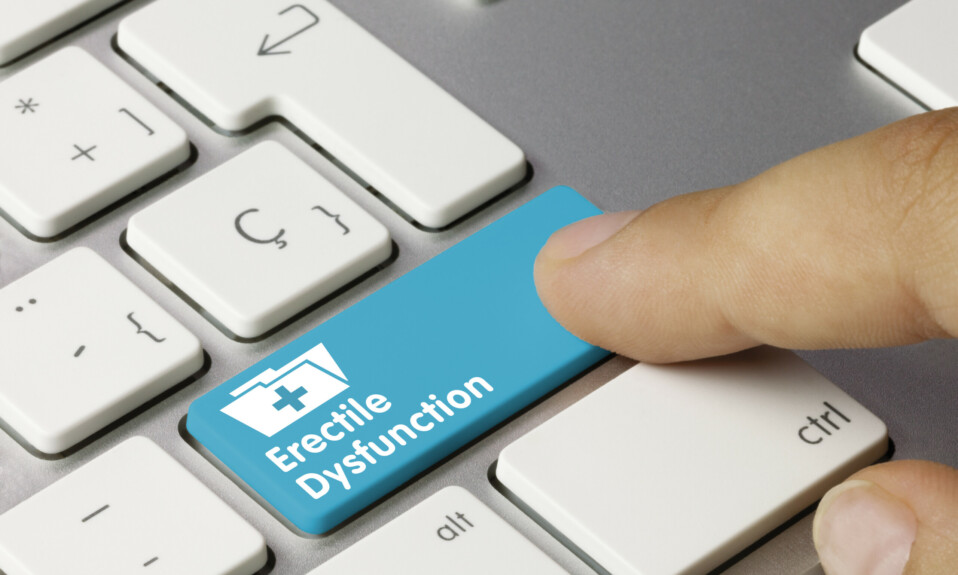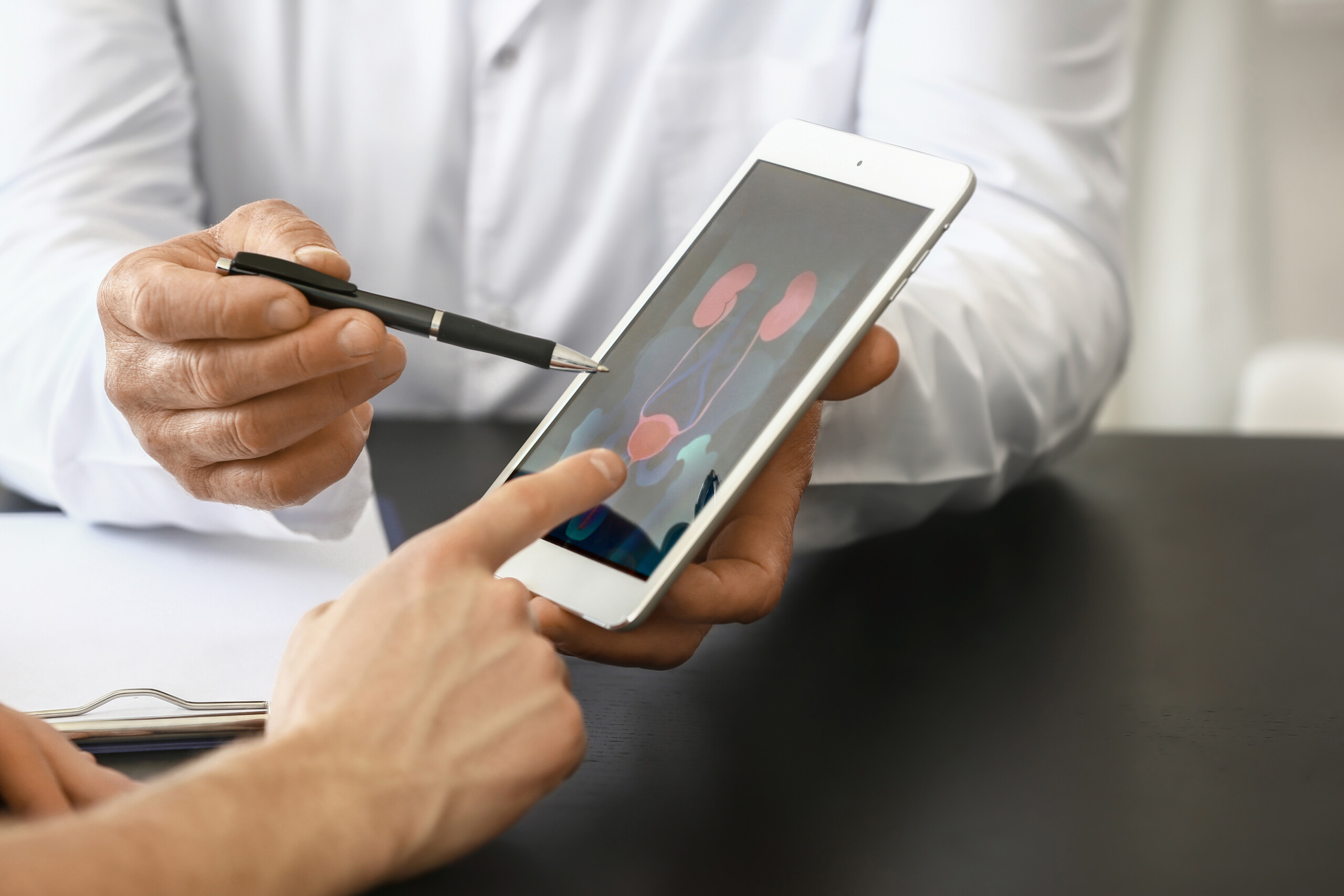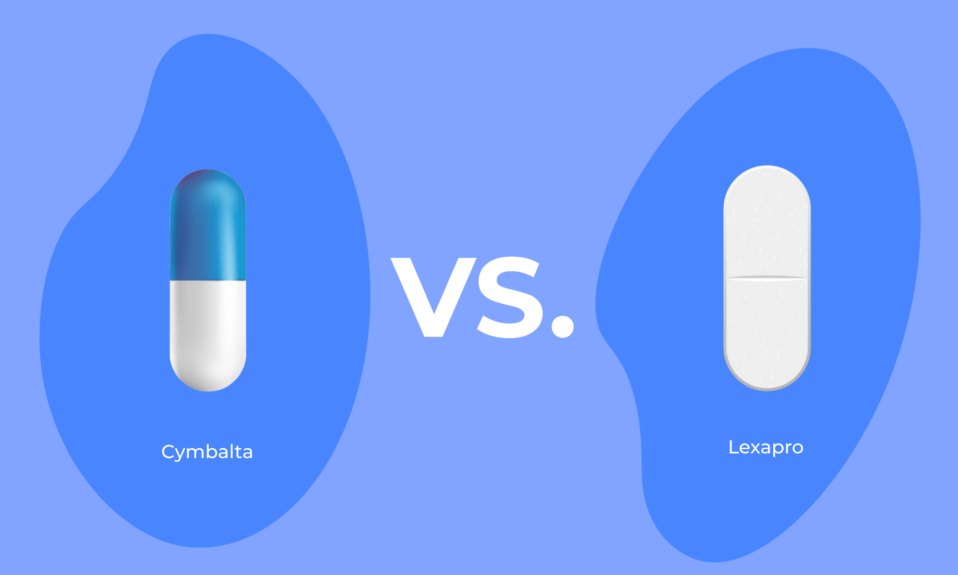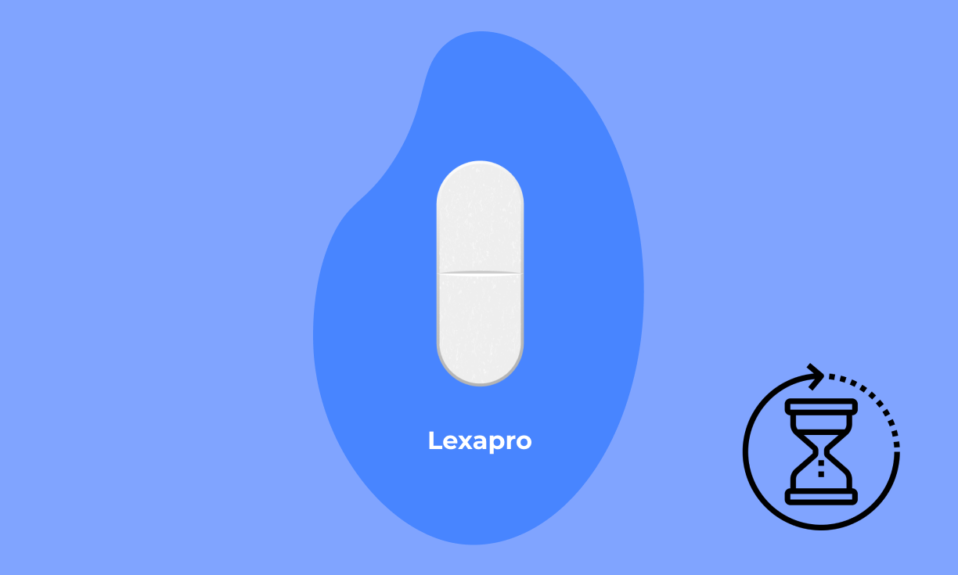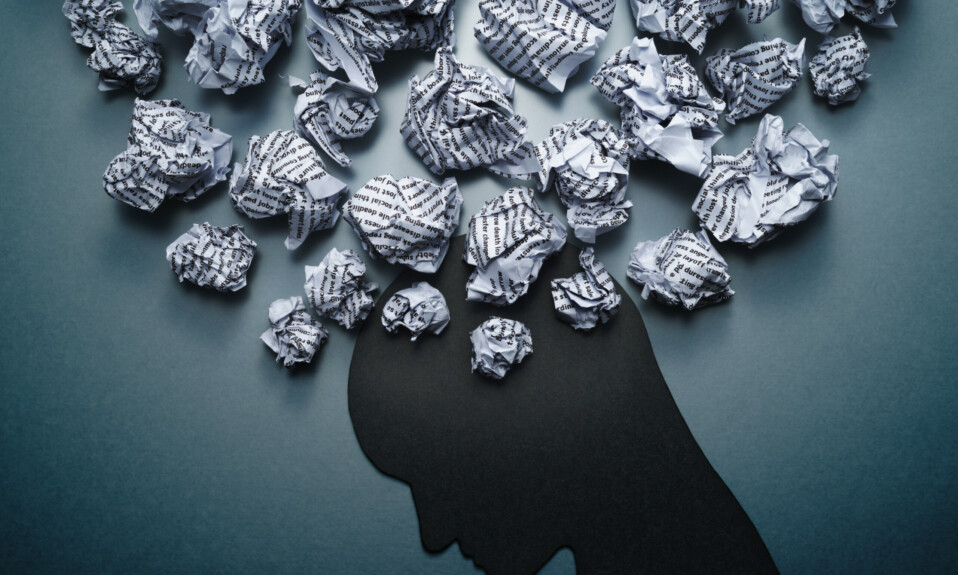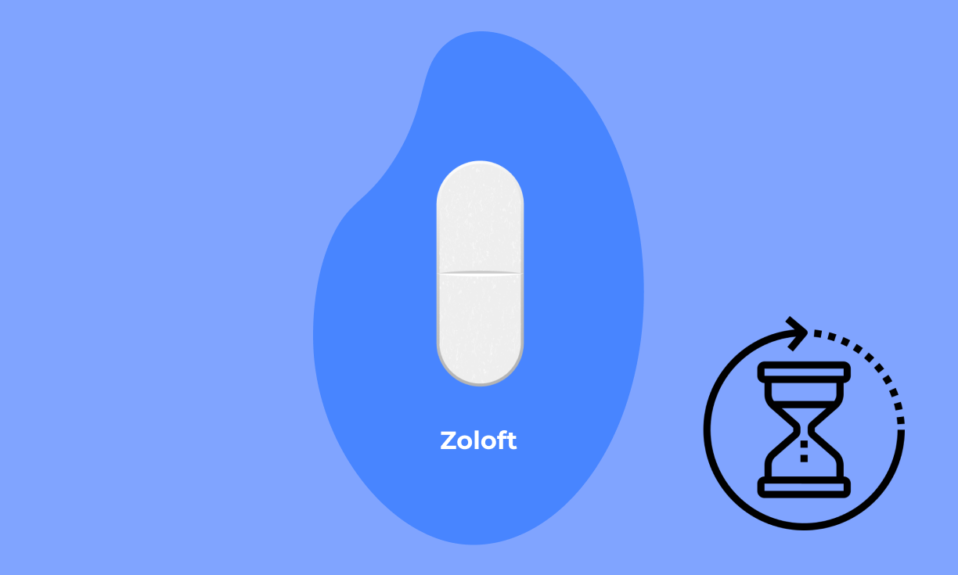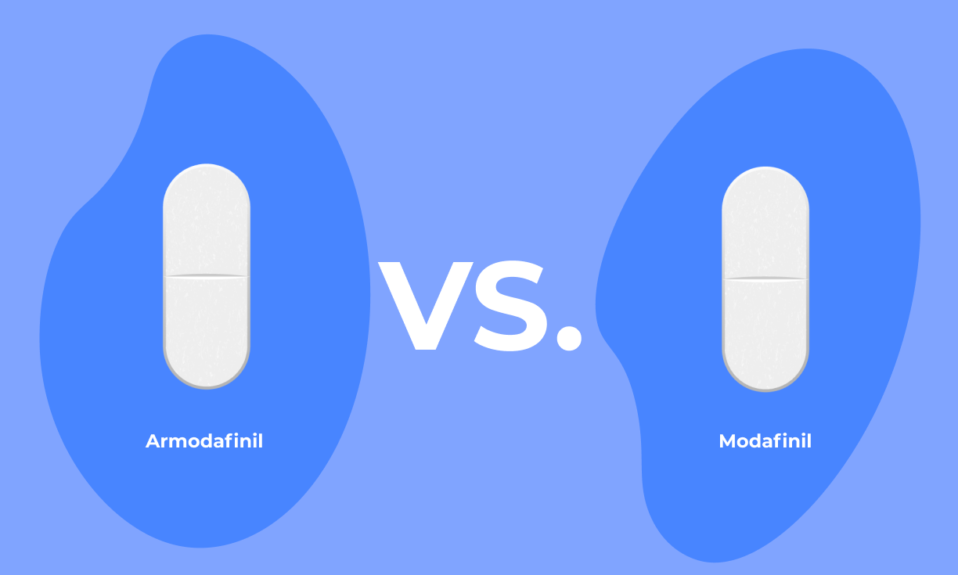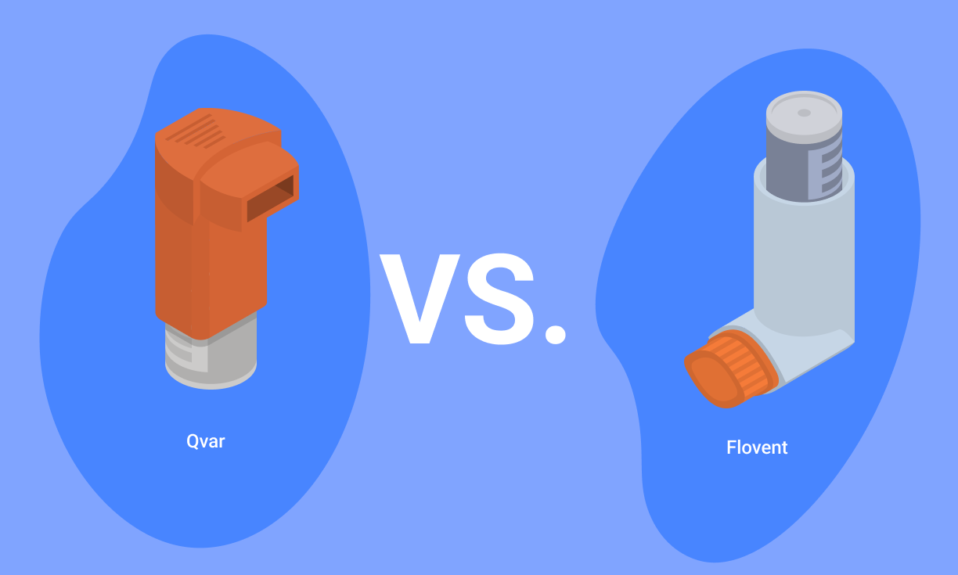Table of Contents Hide
One of the factors contributing to erectile dysfunction can be depression due to the low levels of neurotransmitters – brain chemical messengers – responsible for normal sexual response and blood rush to the sexual organ.
Erectile Dysfunction (ED) is the inability of a man to achieve or sustain an erection to carry out successful sexual intercourse. While it is not uncommon for men to experience issues in erections from time to time, erectile dysfunction is when there is abnormal erectile regularly or progressively.
A myriad of conditions can cause erectile dysfunction, including trauma, physical disorders, and psychological conditions such as depression. This article will focus on the role of depression in causing erectile dysfunction.
Relationship Between Depression and Erectile Dysfunction
The process of stimulating and achieving sexual resolution can be a complex one. It involves the ignition of sexual desire in the brain, and from there, the impulses travel down. The agents responsible for stimulating arousal are neurotransmitters such as oxytocin, dopamine, serotonin, and endorphins. These pleasure hormones develop and boost the communication between brain cells, leading to impulse formation and triggering the rushing of blood to the gonads or sexual organs. This is the normal physiological process in achieving erectile or sexual arousal.
In people with depression or mood disorders, the neurotransmitters in the brain are at reduced levels. This leads to a lack of communication between brain cells and impairs the process of blood flow to the sex organs. Erection is one of the two most important processes during male sexual action. The other process is ejaculation. An erection involves the accumulation of blood into the sex organ, which ultimately causes the penis to assume an upright position. Depression can cause impairment of this function and hence can lead to an inability to achieve or sustain an erection. This further adds to the depression of the person, which leads to impairment of sexual function further.
A 2018 medical study of 116 males found depression to be significantly associated with sexual functioning. It observed that as many as 62.5% of men with depression can also suffer from sexual dysfunction, including ED
Can Antidepressants Contribute to Erectile Dysfunction?
Antidepressants are medications given to patients with Major Depressive Disorder in order to boost their dopamine, serotonin, and norepinephrine levels. An increase in the levels of these neurotransmitters can lead to improvement in mood, energy, and interests of the person. The self-esteem and self-worth of the patient can boost substantially. However, in addition to the positive effects of these medications, they can also cause some adverse effects. Some types of antidepressants, such as Selective Serotonin Reuptake Inhibitors or SSRIs, can result in sexual problems.
Antidepressants boost the mood in men and women with MDD by altering the neural pathways and functioning of neurotransmitters. Still, the change in the functioning of neurotransmitters also alters the normal sexual functions of the body. The side effects of SSRIs related to sexual problems increase as the dose of medications is increased, proving the hypothesis that sexual dysfunction is actually associated with the use of some antidepressants.
Ways in Which Depression Can Cause ED
Depression can cause sexual problems like erectile dysfunction in various ways following its wide range of symptoms. Some of the symptoms of MDD are mainly related to the subsequent development of ED. These symptoms include:
- Anhedonia, i.e., loss of interest in things that once made the person happy
- Inability to experience or feel pleasure, including sexual arousal
- Decreased energy levels
- Reduced self-esteem and self-worth issues
- Performance anxiety and stress
- Mood swings
- Feelings of hopelessness, despair, and lack of motivation
Stress-Related Erectile Dysfunction
When it comes to sexual performance, there is good stress and bad stress. Good stress can have a positive impact on your sexual health. It involves things like a new relationship, a promotion at work, a passed exam, or even something as simple as exercise. When your body is under good stress, it starts to release a hormone called testosterone. When you are sexually stimulated, testosterone plays a vital role in causing vasodilation, i.e., dilation or relaxation of blood vessels in your penis, and ultimately causing an erection.
However, things can get messy when your body is under bad stress, such as financial troubles, failing exams, work issues, or a strained relationship with your partner. Your body starts to release its stress hormone called cortisol which has an opposite effect on the body compared to testosterone. Cortisol causes vasoconstriction, i.e., constriction of blood vessels in your penis, which means that the blood cannot flow freely and is insufficient to achieve or sustain an erection.
This phenomenon is acceptable if it is happening once or twice, but if you remain under chronic stress, your body can adapt accordingly. With time, your body will start producing less and less testosterone. Low testosterone, also called low T, is a significant feature of depressive disorders such as anxiety, PTSD, and depression and is also a feature of erectile dysfunction.
Treating Depression With ED
Treatment for depression and ED may include medication, psychotherapy (talk therapy), or a combination of both.
- Antidepressants: Several drugs, including Prozac, Wellbutrin, and Zoloft are used to treat depression. Some antidepressants can cause or worsen ED as noted above, so it is important to discuss your condition with your doctor and follow the prescribed treatment.
- ED Medications: Sometimes changing medications for your mental health issues may not always be the best option. In such cases, your doctor may prescribe medications that just treat erectile dysfunction, like sildenafil (Viagra) and tadalafil (Cialis).
- Therapy: Many men opt for therapy before trying ED medications. A licensed and trained mental health care professional can help you identify and work through issues related to ED and depression. Therapy that focuses on improving sexual dysfunctions (like ED) can be especially helpful if you have experienced abuse or suffer from post-traumatic stress disorder (PTSD).
Summary
Depression is a common health problem in the United States, and it can lead to or worsen erectile dysfunction due to the low levels of neurotransmitters responsible for normal sexual response. There are several treatment options available to help you with both mental health concerns and erectile dysfunction, including ED and antidepressant medications and therapy.
If you think you may be depressed or have ED, talk to your doctor right away. Tell your doctor how you are feeling and be honest with your responses to your doctor’s questions so you can get the care you need. There is no definitive test that can diagnose depression, so it is important to work with your doctor so they can diagnose it properly.
FAQs
Is erectile dysfunction a symptom of depression?
Erectile dysfunction and depression are positively correlated. Erectile dysfunction can be caused by depression due to low levels of neurotransmitters. In turn, erectile dysfunction can also lead to more depression.
Can depression medication cause erectile dysfunction?
Depression medications, also known as antidepressants, can cause or worsen erectile dysfunction. The severity of sexual side effects depends on the individual and the specific type and dose of antidepressant.
Which antidepressant has the lowest impact on sexual performance and functioning?
Antidepressants with the lowest rate of sexual side effects include:
- Bupropion (Wellbutrin XL, Wellbutrin SR)
- Mirtazapine (Remeron)
- Vilazodone (Viibryd)
- Vortioxetine (Trintellix)
How do I stop mental erectile dysfunction?
The way to treat mental erectile dysfunction is to treat the underlying cause, i.e., depression. Depression can be treated by using antidepressants, but you need to be careful since antidepressants also have sexual side effects, so ask your healthcare provider to adjust the dose and make the appropriate selection of drugs.
Can psychological erectile dysfunction be cured?
It is possible to treat and even cure psychological erectile dysfunction. However, it may require a combination of drug therapy and psychotherapy.
References
https://my.clevelandclinic.org/health/diseases/9296-sexual-problems-and-depression-
https://www.webmd.com/depression/guide/sexual-problems-and-depression
https://www.healthline.com/health/depression/sexual-health#outlook



